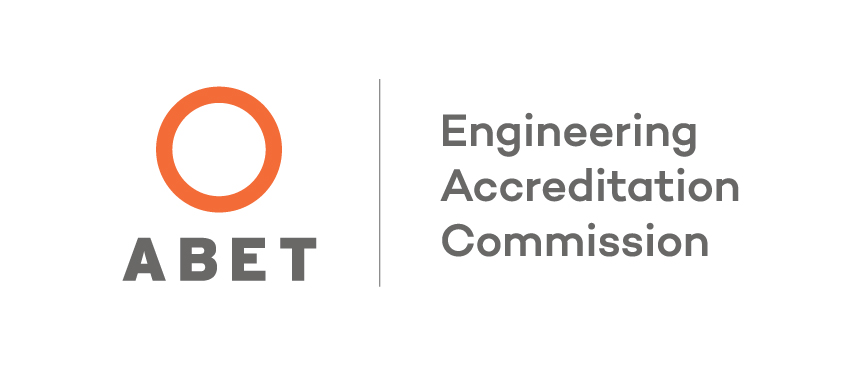The mission of the civil engineering program at 犹他谷大学 (UVU) is to provide a strong civil engineering foundation with a hands-on component to prepare professionally competent civil engineers of integrity who serve the engineering needs of the region and the globally interdependent community.
In order to continually improve the curriculum, the civil engineering program at Utah Valley University, in collaboration with students, faculty, graduates, advisory board, and employers, uses various assessment tools to measure achievement of student outcomes and program objectives.
The Bachelor of Science in Civil Engineering is accredited by the Engineering 认证 Commission of ABET.

| 土木工程专业 | 2018 - 19 | 2019 - 20 | 2020 - 21 | 2021 - 22 | 2022 - 23 | 2023 - 24 |
|---|---|---|---|---|---|---|
| 学生人数 | 54 | 123 | 147 | 152 | 149 | 152 |
| 毕业数 | - | 8 | 8 | 22 | 13 | 24 |
在毕业后的三到五年内,该项目的校友预计将拥有:
The B.S. in Civil Engineering program uses the following ABET 认证 学生 Outcomes 1 through 7: